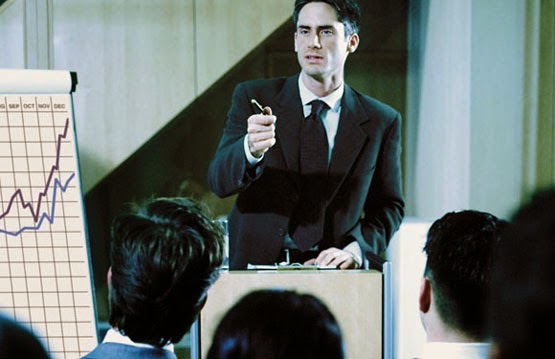
Political skills for some are natural, but others are quite uncomfortable with even the idea of using them. However, fostering and honing political skills is only good in a work place where you could be stabbed (of course in your back) at any crucial mome.
Seek feedback
If you understand your personality and are aware of thy self then you have successfully passed the first stage of being a political maestro. The idea is to have a clear picture of your own reactions in various circumstances and concentrating on picking up cues and feedback from the other guy.
Know Your Battleground
Second stage would be to get acquainted with the both formal and informal climates of the organization and the limits of the organization. From here on, you can figure out when and how work within that organization.
Become an Active Listener
The techniques or should I say traits of a good listener enable him to understand and assess a situation better. Tricks like paying attention, holding judgment, reflecting, clarifying, summarizing and sharing can be learned and practiced. However, Non verbal communication should be paid an equal amount of importance.
Appeal to the Common Good
Look beyond immediate results and needs. To do that before making a decision or a request consider the situation of all the colleagues involved. Ask your self what can you give them? Or how your decision or request might affect them negatively? The idea is to find a way to appeal to the common good.
Use Leverage
Be a broker of ideas and knowledge, draw their resources but also offer your own. This skill when taken to a across organizational level will help you bridge gaps from the outside world. Develop Persuasion Tactics - Persuasion is making appeals based on logic, emotion or a sense of cooperation. Learning and developing all three approaches can turn you into an effective persuader.
Seek Training
While drama based training can help you learn emotional regulation and management of voice tone control, leadership and team training can improve your ability to build and maintain relationships, manage conflict and work collaboratively.
Find a Master
A teacher, coach or mentor can help you understand your feedback and help you structure your learning process. Your mentor need not work in the same organization, but he needs to understand the dynamics of a politically charged environment.
By Julius Choudhury







COMMENTS